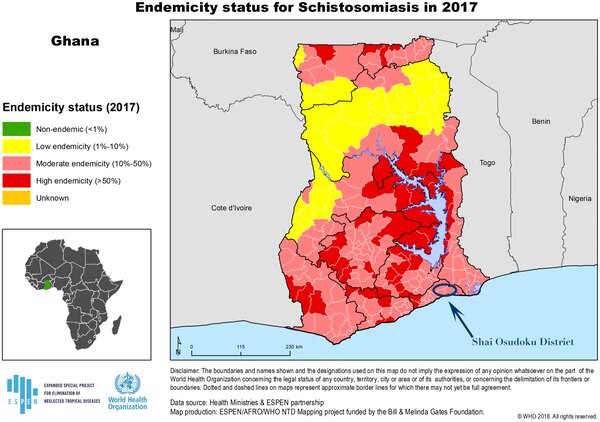A major hurdle in the elimination of urogenital schistosomiasis revealed: Identifying key gaps in knowledge and understanding of female genital schistosomiasis within communities and local health workers
Author Summary
Female Genital Schistosomiasis (FGS) is a serious, chronic gynecological condition that affects up to 56 million African women and girls. To date, FGS has been mostly overlooked within national neglected tropical disease control programs and associated health systems in sub-Saharan Africa. Furthermore, knowledge and understanding of FGS within affected communities themselves are often incomplete and confused with other ailments. Using qualitative research methods, we explored the knowledge and understanding of girls and women on FGS, as well as, local health care providers’ knowledge and practice relating to FGS. While, our work found that FGS was rarely on the radar of suspicion for health workers, more importantly, adolescent girls were often stigmatized by health care workers when they sought care in public health facilities owing to misdiagnosis of the disease as sexually transmitted infections. Our work speaks to the urgent need for national control programs to expand their remit outside current focus of annual provision of praziquantel to in-school children and integrate such treatments within sexual and reproductive health services available in primary health care services. Ultimately, urogenital and intestinal schistosomiasis is a disease of poverty and there is an urgent need to extend access to improved water and sanitation facilities to all affected communities.
